Five Tips to Stop Your Puppy From Biting
Hey, all you dog parents out there! If you’ve been frantically searching for “five tips to stop your puppy from biting,” I totally get it those little shark teeth can turn playtime into a battlefield. I’ve been right where you are, dodging nips from my own pup, Buster, who thought my socks were fair game. As the founder and senior editor of Diggity Dog, I’ve dealt with more bitey furballs than I can count, from rescues to the ones folks bring to our community meetups. At Diggity Dog, we’re all about straightforward pet care that actually works, helping you build a strong, happy bond with your healthy pet. Stopping puppy biting isn’t rocket science, but it does take some know-how and sticking with it. I remember when Buster was a tiny terror; we’d try everything, and finally, a mix of patience and these tricks turned him around. Stick around I’ve pulled together the freshest advice from this year to help you out.
I’ve chatted with vets and trainers, scoured the latest stuff from 2025, like that new YouTube vid on puppy training and updates from the AKC, to make sure this is up-to-date. Back in the early days of Diggity Dog, I figured it’d be easy after my first dog, but nope pups keep you on your toes. They bite for reasons like teething or just being excited, and if you don’t nip it early, it can stick around. But hey, with consistent puppy training, you’ll see changes fast. Let’s get into it.
Key Takeaways
- Grab a toy quick to redirect those chomps keeps things fun without the owies in your pet care routine.
- Let playdates with other dogs teach not to bite hard; it’s how they learn naturally in puppy training.
- A short time-out shows biting means play stops, no yelling needed.
- More walks and snoozes cut down on cranky bites for a healthy pet.
- Praise the soft play big time to make good habits the norm.
Why Pups Bite and When It’s Time to Step In
Puppies don’t bite to be mean they’re basically babies using their mouths to check out everything, y’know? From your fingers to the rug, it’s all interesting. But when it hurts, that’s when folks start worrying. The AKC’s latest scoop from 2025 says most grow out of it by six to nine months, but you gotta guide . I’ve seen it loads at Diggity Dog one pup we helped last month was nipping ankles non-stop, turned out he was just bored stiff.
Teething kicks in around three months, making gums itchy and sore, so they chew anything. Add in zoomies from too much energy or not enough sleep, and bam, bites happen. A fresh 2025 post on Reddit’s puppy forum talks about how lack of play or naps amps it up. In my time with Buster, figuring out the why like was he tired or playful? helped me pick the right fix. It’s kinda like reading their signals, spotting patterns to head off trouble.
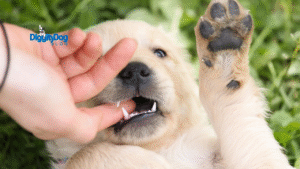
Not every bite’s the same, though. Loose, wiggly ones are just fun, but if they’re stiff or growly, might be stress or pain vet time then. Most times, it’s normal pup stuff. Had a reader share about their lab mix who bit during grooming; we sorted it with slow intros and treats. Addressing the root makes all the difference for long-term healthy pet vibes.
Tip 1: Redirect Like a Boss with the Right Toys
Alright, when your pup goes for your hand, don’t pull back that makes it a game. Instead, shove a toy in there and get excited about it. I swear by Kongs packed with frozen treats; saved my skin with Buster during his teething phase.
Choosing Toys and Keeping It Fresh
Pick sturdy ones that won’t fall apart, especially for chew monsters. Swap ’em out every few days so they don’t get old. At Diggity Dog, we tell folks to start with soft chews for sore gums. Say “nope” calmly and hand over the toy, then play a bit. Tried this with a foster litter recently, and poof, less biting in no time. Chewy’s August 2025 update says a simple sound like “ow” or clap interrupts and redirects great. It’s about showing you’re the source of good times, building that trust without fuss.
Extra idea: Freeze a rag for teething relief, but skip giving old clothes that mixes signals. In everyday pet care, this stops from wrecking stuff later.
Tip 2: Socialize to Let Learn from Peers
Dogs teach each other best. Get your pup hanging with others who are chill and up-to-date on shots. They’ll bite too hard, get yelped at, and learn quick. Buster’s first romp at the park? Total mess, but he came back way softer.
How to Do Socializing Safely
Ease in with one dog, then groups. Weekly hangs or classes work wonders. ASPCA’s current tips say petting while treating helps get used to touch without nips. From Diggity Dog gatherings, I know shy ones bloom with this gains confidence minus human overstep. Keep an eye for too much rowdiness; break it up.
It’s like they build their own rules, refining skills through trial and error. No local spots? Classes are perfect. One family’s collie stopped chasing kids after dog buddies showed him the ropes awesome stuff.
Tip 3: Time-Outs Without the Yelling
Don’t holler or hit that just scares . Bite happens? Yelp “ouch!” and walk away or ignore for a minute. Mimics sib reactions, teaches bites kill the fun.
Adjusting for Your Pup’s Style
With Buster, a fake hurt noise and back-turn did it. Stubborn pup? Crate with a toy, but keep it positive. One Mind Dogs’ March 2025 guide says stay calm, redirect gently, take breaks. Shared this with Diggity Dog readers; bites fade in a week or so with steady use.
Bring back play when they’re calm. Core puppy training clear, no confusion. Don’t overdo; short and sweet keeps the bond solid.
Tip 4: Ramp Up Play and Rest Time
Tired or bored pups bite more. They need tons of sleep, like 18-20 hours, plus runs around. Walks, games, puzzles wear out right.
Building a Schedule That Fits Life
Morning outing, nap, afternoon fun routine helps. Diggity Dog pushes brain games like hidden treats. Dog Stop’s 2025 dos say an hour of exercise daily curbs energy bursts. Buster mellowed after hikes, no more evening chomps.
Busy? Walker or app ideas help. Balance prevents crankiness or chaos in healthy pet daily life.
Tip 5: Go Overboard on Praising Good Behavior
Spot gentle play? Treats, rubs, “yes!” galore. Makes soft mouths the go-to over hard bites.
Making Rewards Count Long-Term
High-reward snacks for calm times. Drawing from my pet care adventures, this strengthens ties based on real experience. Family Pupz’s tips say toss treats to distract and reinforce. Turned biters to snugglers in fosters.
Patience key; some need more time. Past six months? Check with pros.
All in all, these aren’t fancy theories they’re from my hands-on dog days at Diggity Dog. Give a go, and watch your pup transform.
FAQs
How quick to stop puppy biting?
Couple weeks with solid puppy training, but real calm by half a year. Keep at it!
Puppy biting mean aggression?
Usually not just teething or play. Vet for healthy pet worries.
Bites in pet care like brushing?
Slow pace, treats distract. Trust grows with practice.
Adults fix old puppy biting?
Sure, same methods, extra patience. Cue watching helps.
Breeds bite more?
Some like herders do, but good puppy training sorts it.
References
- How to Stop Puppy Biting and Train Bite Inhibition (AKC, 2025)
- Mouthing, Nipping and Biting in Puppies (ASPCA, 2025)
- How To STOP Puppy Biting Right Now! NEW 2025 (YouTube, May 2025)
- HELP! Our puppy won’t stop biting me! (Reddit r/puppy101, Jan 2025)
- Ouch! A puppy owner’s guide to stop puppy biting (OneMind Dogs, Mar 2025)
- How to Stop a Puppy From Biting (Chewy, Aug 2025)
- Puppy Biting: Why Nothing You Try to Stop the Biting Works (3lostdogs, 2025)
- Do’s and Don’t’s: How To Prevent Your Puppy From Biting (The Dog Stop, 2025)
- How To Train Your Puppy Not To Bite You (Family Pupz, 2025)
- How to Stop Puppy Biting: Gentle Yet Effective Methods (K9 Connoisseur, Jan 2025)
- How To Stop a Puppy From Biting (PetMD, 2025)



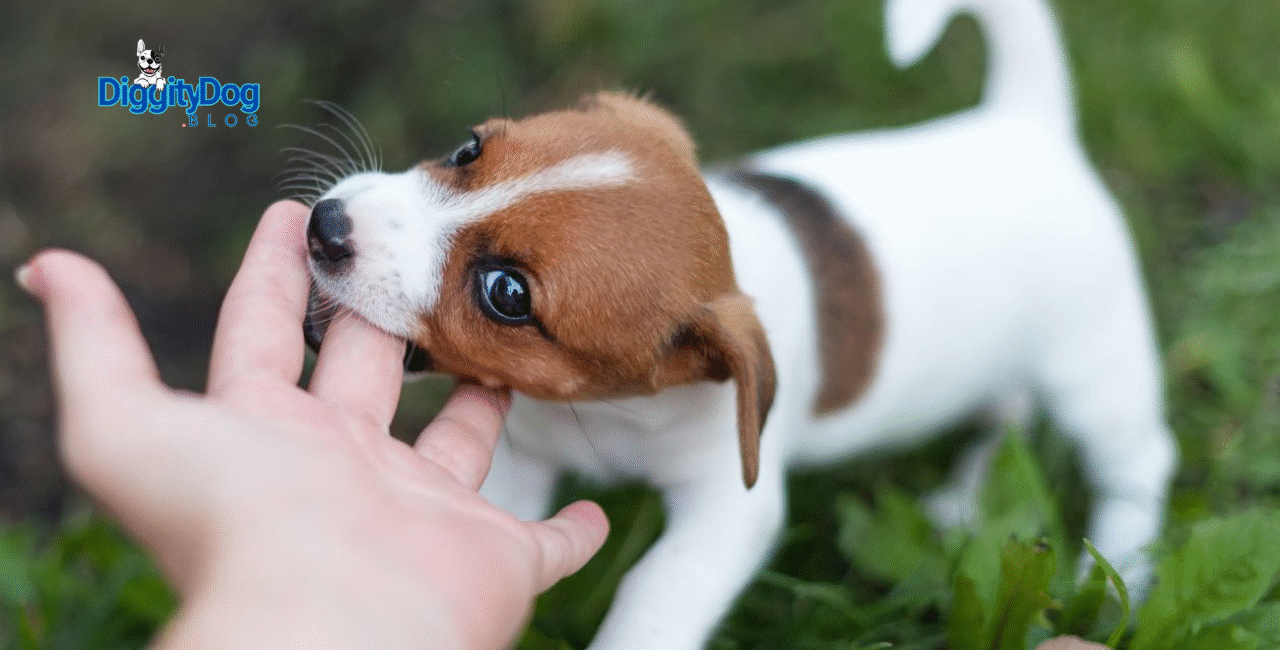
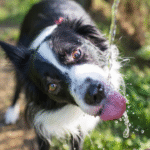
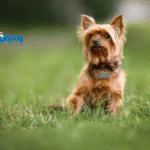
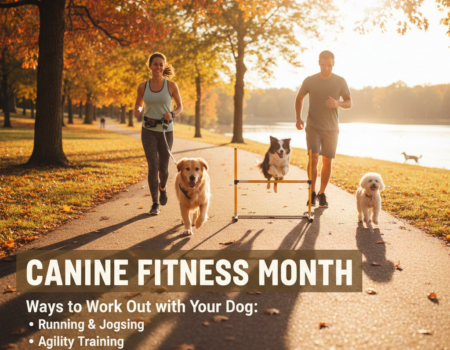
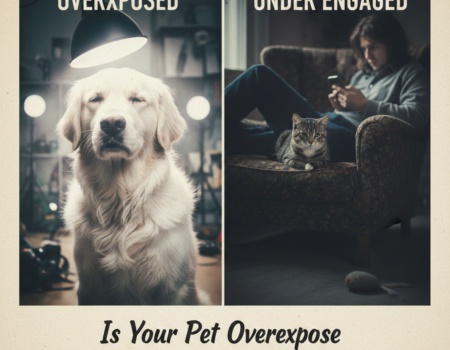
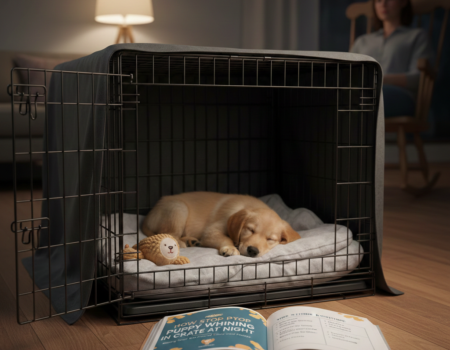
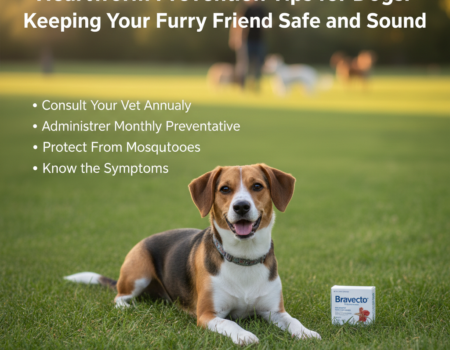
No Comment! Be the first one.